La "Journée sans téléphone" est une initiative prise par un groupe de jeunes dont le slameur Jean Wood Jude se retrouve à leur tête. Les deux premières éditions ont eu lieu respectivement le 30 septembre et le 29 octobre 2024 à Kenscoff. La prochaine édition est prévu pour ce 30 novembre, toujours dans la commune de Kenscoff, au-dessus de Pétion-Ville
La pratique se veut innovante, dans le fait qu’elle fournit un cadre idéal au public (généralement jeune) qui facilite son interconnexion, en leurs garantissant une meilleure connexion aux livres, aux jeux traditionnels, et à la nature luxuriante de Kenscoff.
L’utilité du téléphone
Le téléphone, avec le temps, est devenu un outil essentiel dans la vie des gens, son omniprésence, et son importance, rendant difficilement envisageable toute envie de l’écarter de soi, ne serait-ce que le temps de se nourrir. Son absence pendant un laps de temps est carrément devenue une véritable source d’angoisse. Avec les importantes évolutions technologiques, et l’évolution surprenante de l’intelligence artificielle, le monde se promet de devenir de plus en plus informatisé, rendant ainsi la nécessité de se doter d’un téléphone intelligent encore plus indispensable au sein des grandes villes.
Dans un pays comme Haïti, où les moyens de loisirs classiques, pouvant faciliter la cohésion sociale, tels que les salles de cinéma, les enceintes sportives, les grandes salles de concerts, ou même des bibliothèques à statut géant, brillent par leur grande absence. Un pays où l’inclusion financière passe pour une bonne majorité de sa population par des applications mobiles, l’utilité du téléphone n’est plus à démontrer. Cependant, le téléphone, comme tout autre élément de ce monde, détient aussi son côté nocif. La tendance addictive développée autour de ce dernier n’est pas des moindres. C’est devenu, avec le temps, pour certaines personnes, un véritable enjeu de santé mentale. D’où l’importance des initiatives telles que les journées sans téléphone, qui fournissent un environnement attrayant, où les gens (les jeunes en particulier) peuvent s’essayer à l’idée de s’écarter un peu de ce précieux sésame le temps d’une journée, pour s’offrir une meilleure connexion à la nature.
Son importance écologique
Toute tentative de connexion de l’humain du 21e siècle à la nature est un geste honorable. L’initiative "Journée sans téléphone" possède aussi cette particularité qui la rend encore plus spéciale. L’homme, au contact de la nature, devient plus conscient de la valeur de celle-ci et est plus apte à s’engager volontier au bénéfice de sa défense. C’est un fait qu’on ne saurait nier.
De plus, nous sommes à l’heure du changement climatique, où le devoir d’une prise de conscience collective face à la dégradation accélérée de notre environnement est devenu plus qu’une nécessité. La "Journée sans téléphone" est une initiative qui, si elle parvient à se généraliser, permettrait à la planète de réaliser d’importantes économies d’énergies, car les applications mobiles que nous utilisons au quotidien et les outils récents de l’IA consomment de grandes quantités d’énergie pour alimenter leurs principales bases de données. En réduisant à un certain niveau le nombre de consommateurs de ces outils numériques.
C’est une offre onéreuse que nous faisons à l’atmosphère qui n’arrive plus à respirer normalement depuis un certain temps, en raison des effets néfastes des pratiques énergétiques des hommes.
Signe d’une jeunesse innovatrice
La jeunesse se retrouve, à juste titre, en première ligne face à la numérisation accélérée de nos quotidiens. C’est à elle que revient, très certainement, le devoir d’identifier les bons et les mauvais côtés de cette réalité nouvelle qui s’impose à elle, afin de pouvoir prioriser les bonnes pratiques et savoir quoi exactement laisser de côté. C’est justement à ce niveau que cette initiative dénommée "Journée sans téléphone" s’inscrit parmi les bonnes nouvelles. Car elle dévoile une conscientisation face aux dangers permanents que pourrait représenter la connexion illimitée que prônent les nouveaux maîtres du monde, et se dote des moyens pour pouvoir la contrecarrer par des pratiques plus saines, facilitant ainsi la cohésion sociale en rendant possible la connexion des hommes entre eux. C’est une initiative qui mériterait un engagement dans le temps long, afin de pouvoir se généraliser, et atteindre le plus de monde que possible.









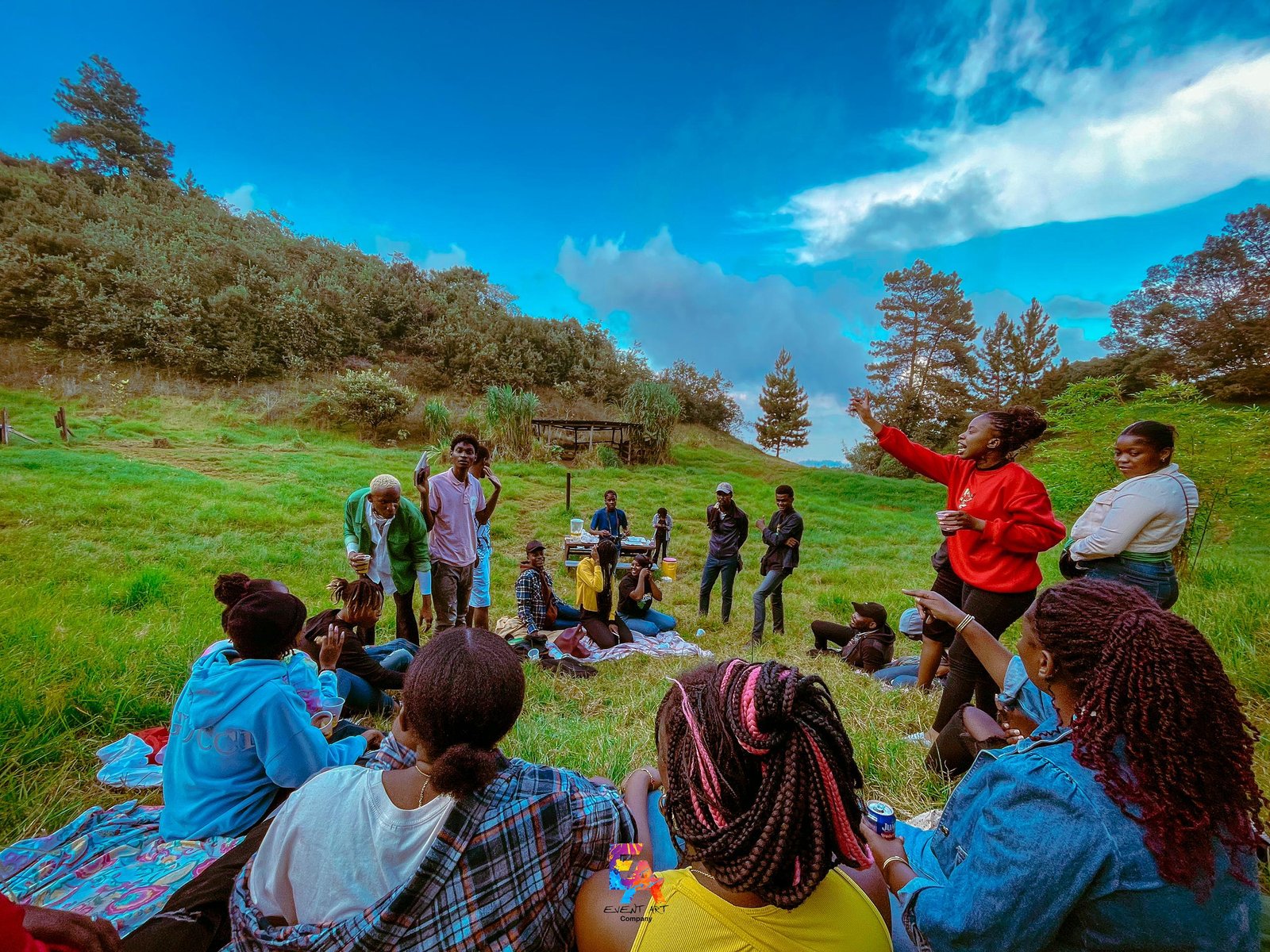



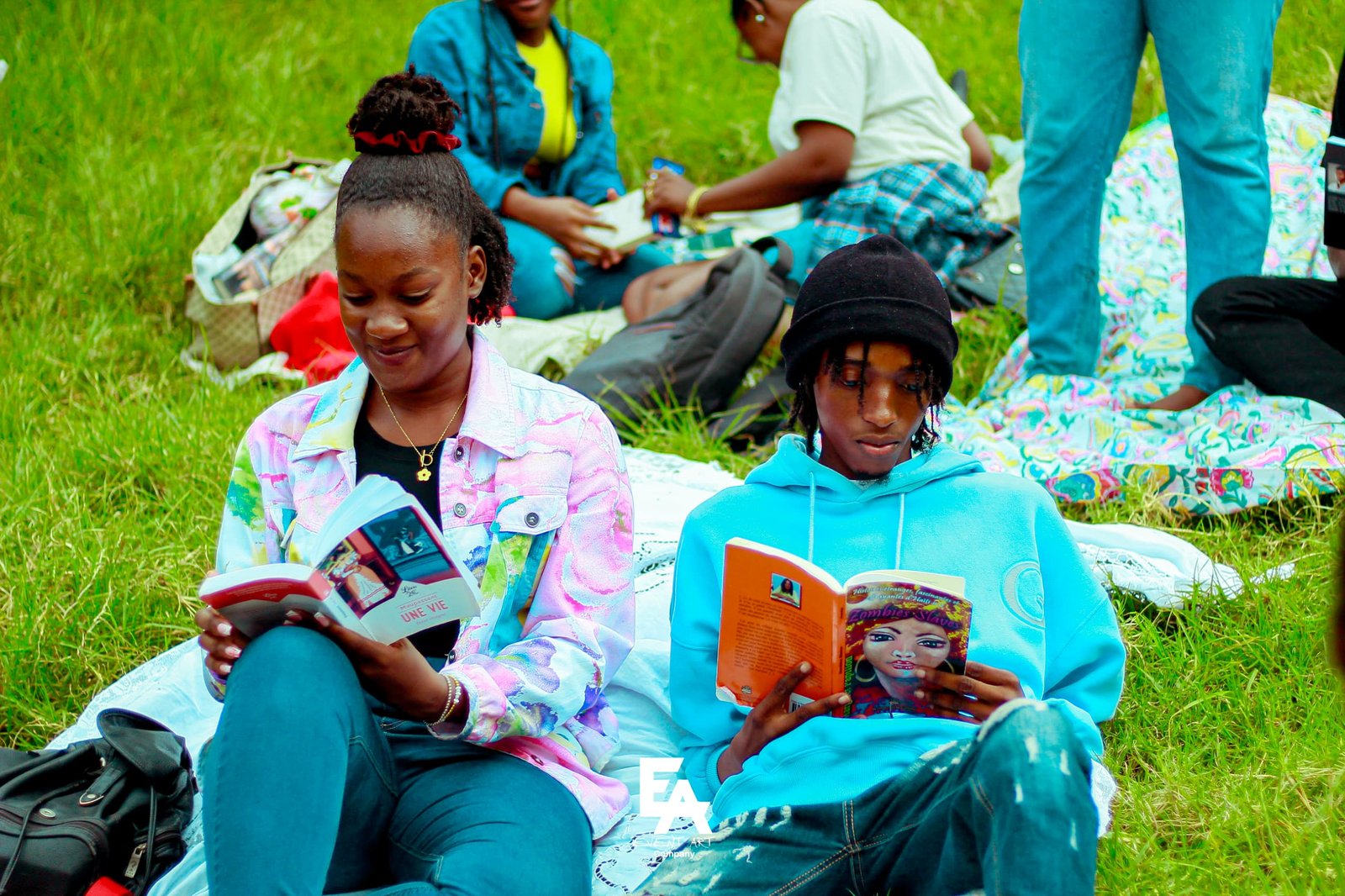


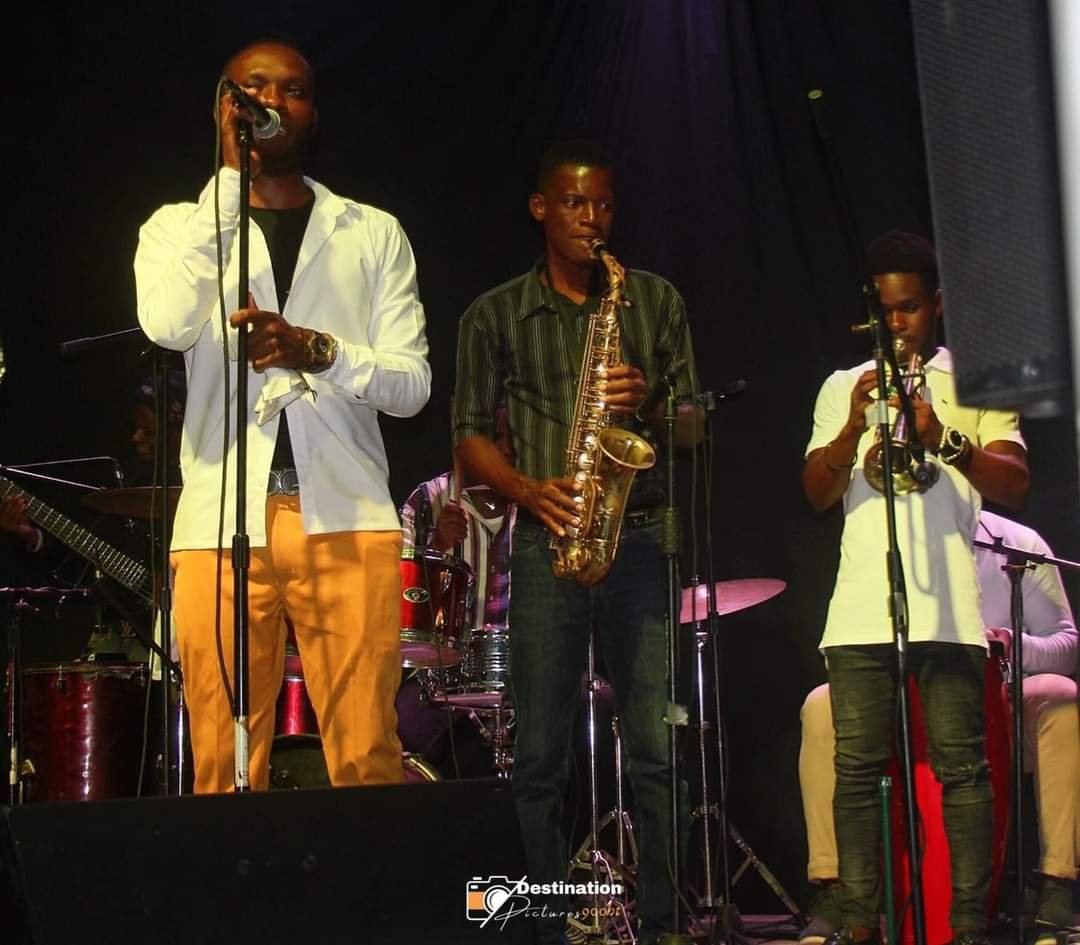
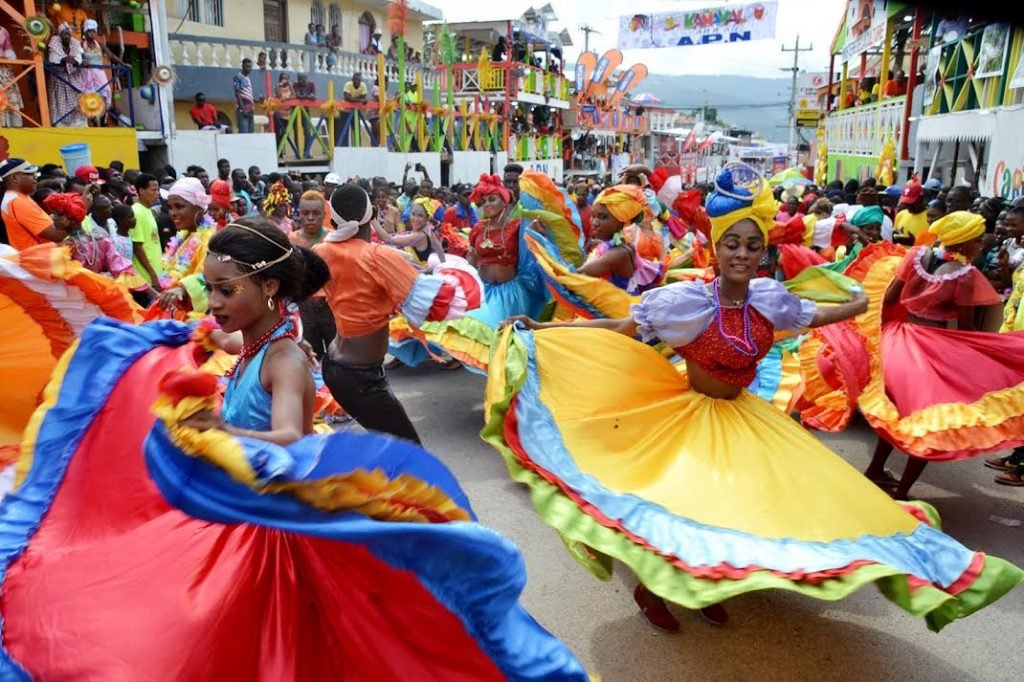
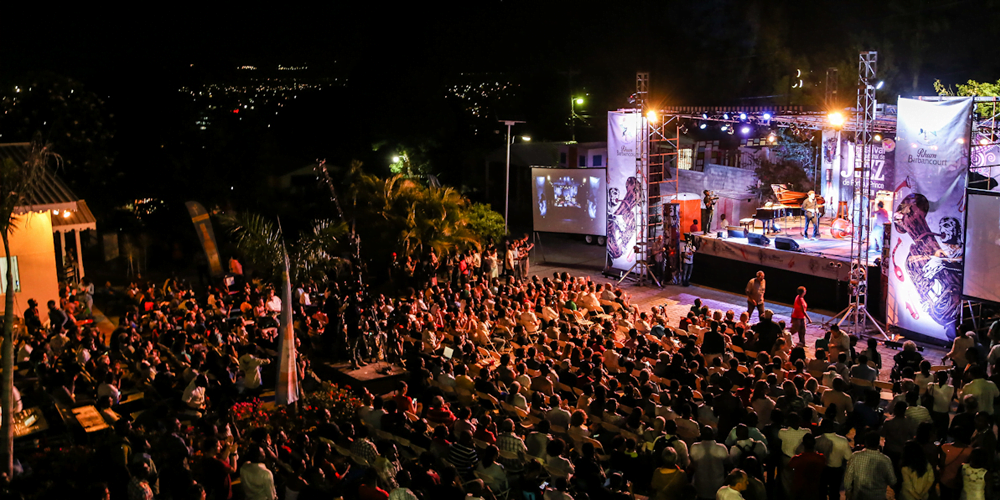


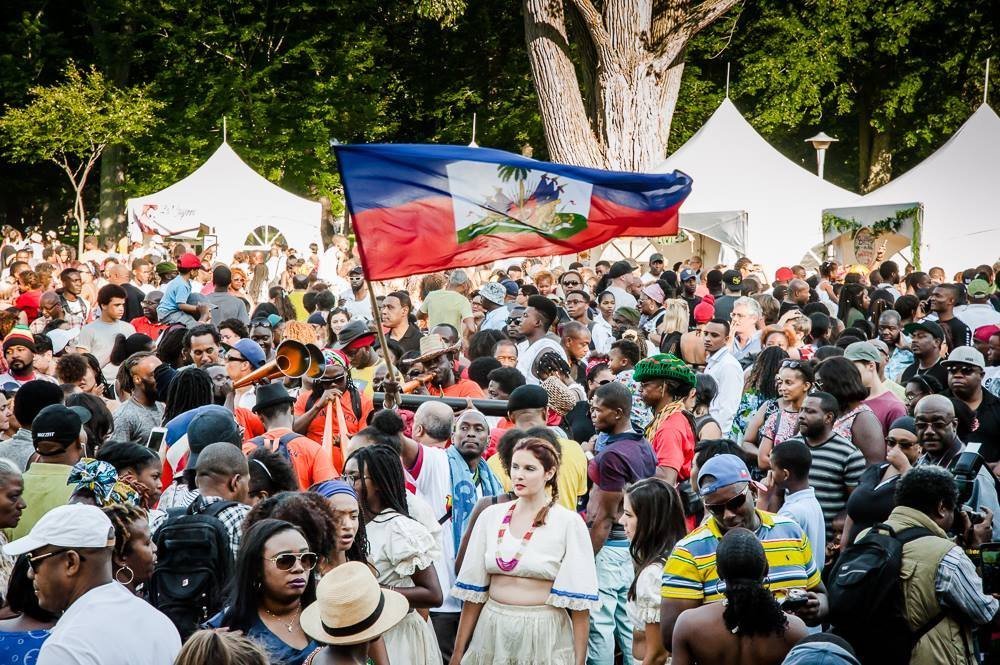






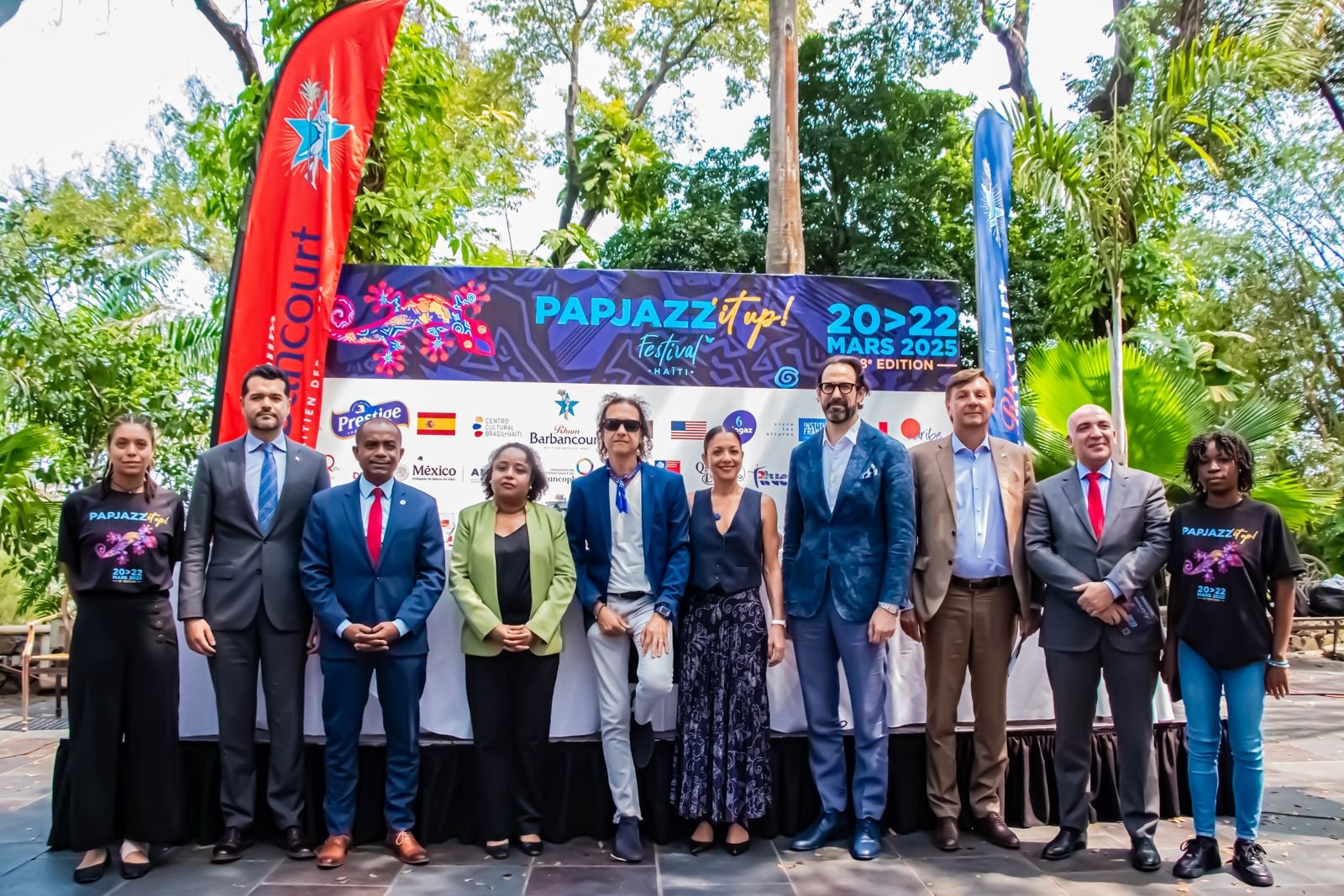

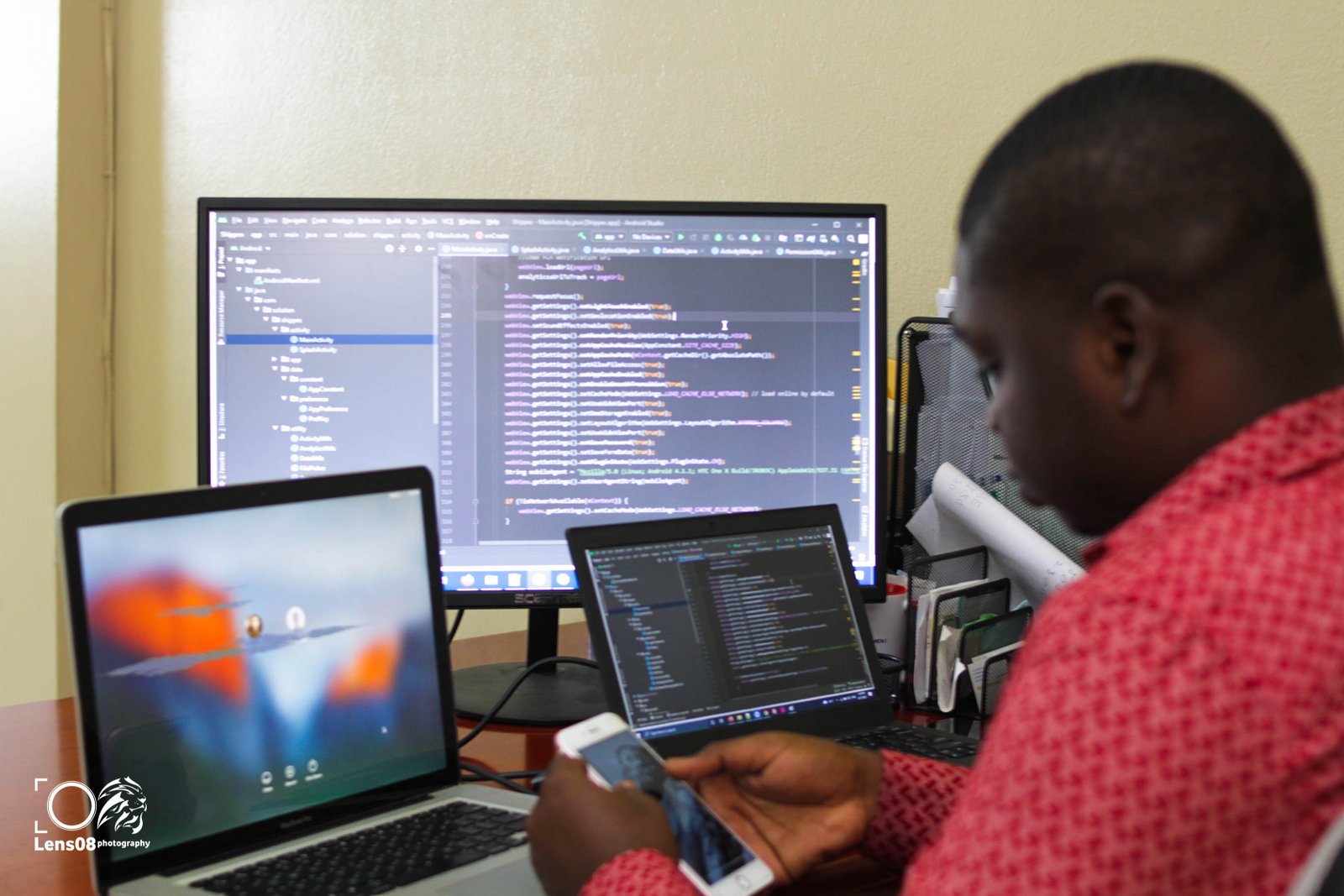
























































Très bel article.
November 12, 2024 - 06:39:00 AMJ'aimerais y participer avec vous merçi
November 12, 2024 - 07:36:58 AMC'est très intéressant
November 12, 2024 - 08:52:16 AMFranchement c’est vachement intéressant et c’est tentant
November 12, 2024 - 10:58:16 AMBelle initiative !!
November 12, 2024 - 04:32:40 PMQuelles sont les procédures de participation,svp???
Pour celles et ceux qui voudraient prendre part à la prochaine édition vous pouvez me contacter sur 509 37174917.
November 12, 2024 - 11:28:03 PMMerci